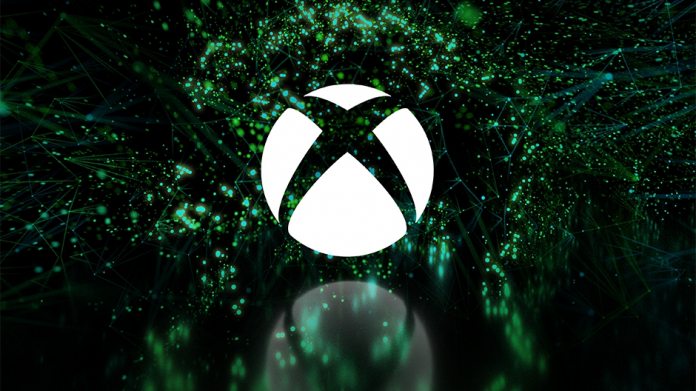The future of Microsoft's gaming platforms is starting to look a lot less fragment. xCloud will enable game streaming on any device, while Xbox Play Anywhere allows users to sync up PC and Xbox versions under one purchase. Now, the company appears to be testing native Xbox games on Windows 10.
This discovery comes from highly respected Microsoft reporter Brad Sams, as well as Thurrott technical contributor Rafael Rivera and YouTube's Nazmus Labs. The basis of the assumption is the free release of State of Decay on PC, which has some interesting properties.
Though State of Decay downloads from the store, its assets don't come from the usual place. Some digging reveals that they're actually pulled from assets1.xboxlive.com. Further, the installer uses the .xvc Xbox installer format, joined by the Xbox One's installation plumbing.
Further, Sams says that in Windows 10 19H1 builds, you're able to install the game using PowerShell.
GameCore and the Future
The obvious takeaway is that Microsoft is trying to bring Xbox and Windows 10 closer together, a sentiment that seems to be echoed by its GameCore initiative.However, the move isn't solely consumer-focused.
Having a streamlined pipeline for developers to get their games to Xbox and PC could be beneficial. Currently, the Microsoft Store's game offering is very limited, and many prefer the lighter DRM of Steam or its competing clients.
Currently, though, it's not clear how that system would work. One of the major struggles with PC is optimizing for different hardware. Gamers like to fiddle with their settings for the best experience, but that's likely to take away from the simplicity of development.
That said, the Xbox ecosystem is already somewhat fragmented. There are varying levels of visual quality on Xbox One S and X, as well as backward compatible Xbox 360 titles. If Microsoft could bring former console exclusives like Fable II and Red Dead Redemption to PC, that would be a win.
It's likely we'll hear more about Microsoft's vision at this year's E3. In the meantime, the new Gaming Service app gives further hints. Twitter's WalkingCat has discovered more Xbox references in it, from Xbox Services API (xsapi.dll) to a ‘gaming filter' and an XVD disk driver.






